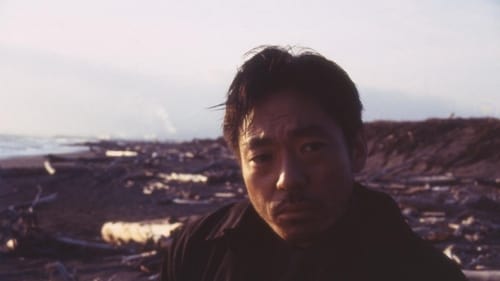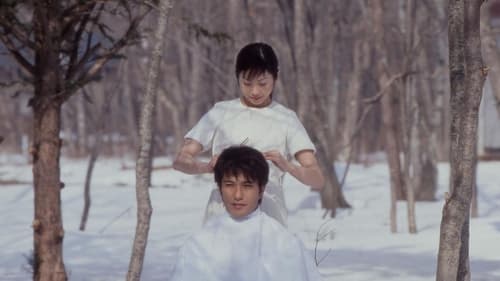
Music
映画や演劇界の往年の大スターである桑畑兆吉。芝居をこよなく愛しながらも、しかしせりふが覚えられなくなった彼は俳優業を引退。長女の由紀子と、その夫でかつては兆吉の弟子でもあった行男にうまく言いくるめられて遺書を書かされた末、体よく老人ホームに入居させられた兆吉は、ある日施設から脱走。海辺をひとりあてどなくさまよっているところで、兆吉は、かつて愛人との間にもうけた非摘出子の娘・伸子と偶然出会う。

Music
The Kitades run a butcher shop in Kaizuka City outside Osaka, raising and slaughtering cattle to sell the meat in their store. The seventh generation of their family's business, they are descendants of the buraku people, a social minority held over from the caste system abolished in the 19th century that is still subject to discrimination. As the Kitades are forced to make the difficult decision to shut down their slaughterhouse, the question posed by the film is whether doing this will also result in the deconstruction of the prejudices imposed on them. Though primarily documenting the process of their work with meticulous detail, Aya Hanabusa also touches on the Kitades' participation in the buraku liberation movement. Hanabusa's heartfelt portrait expands from the story of an old-fashioned family business competing with corporate supermarkets, toward a subtle and sophisticated critique of social exclusion and the persistence of ancient prejudices.

Original Music Composer
Kazuo Murata is a detective who has lost his wife and eventually the meaning of his existence.

Original Music Composer
自堕落な夫と2人で暮らす理髪店主ハルミ。そんな彼女に想いを寄せる青年ケンジは、ハルミを拉致・監禁する。最初は怯えるハルミだったが、ケンジの献身的な愛に少しずつ心を動かされていき…。

Music
A down-and-out scriptwriter spends his days and nights in the bars of Tokyo. When he is thrown out of a joint because it is closing time, there is always a willing lady to spend the rest of the night with. In the street he has countless semi-philosophical discussions with fellow drinkers, male and female, (shot in black-and-white, as prologue to the different chapters) but in the end it often comes down to one thing: the bottle of whisky that has to be finished. An encounter with a homeless young man with AIDS marks a turning point in the life of the writer.




